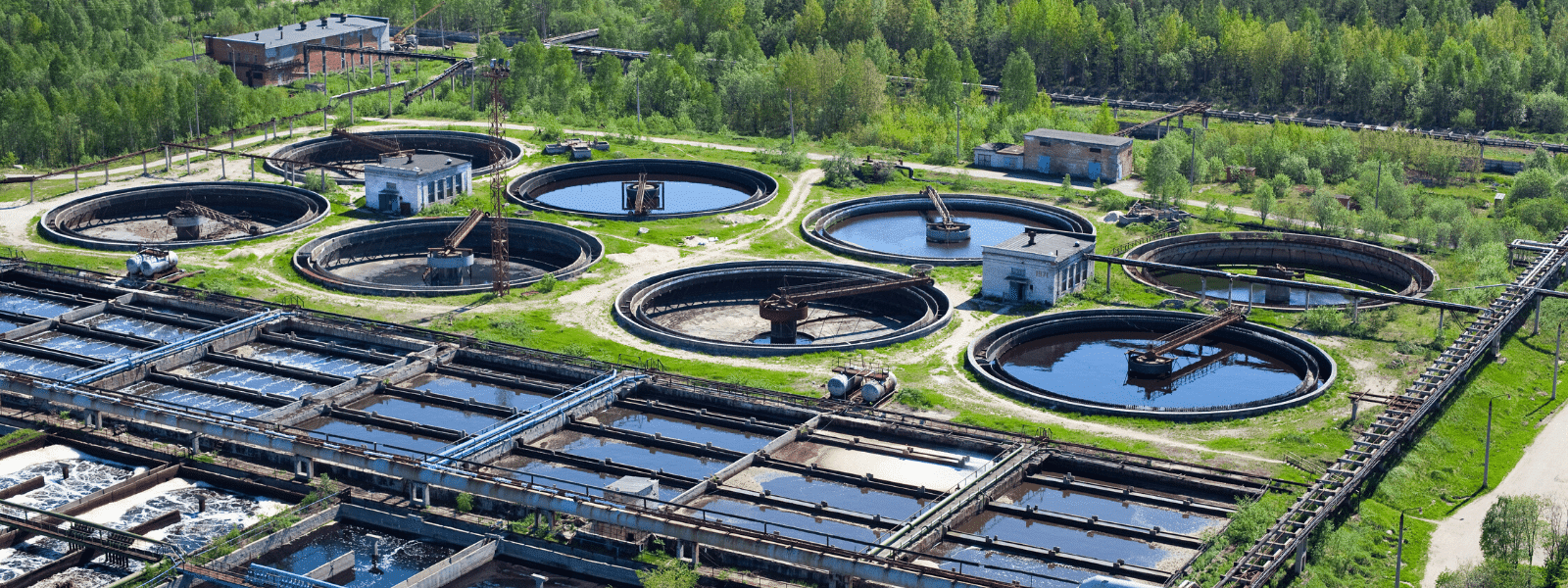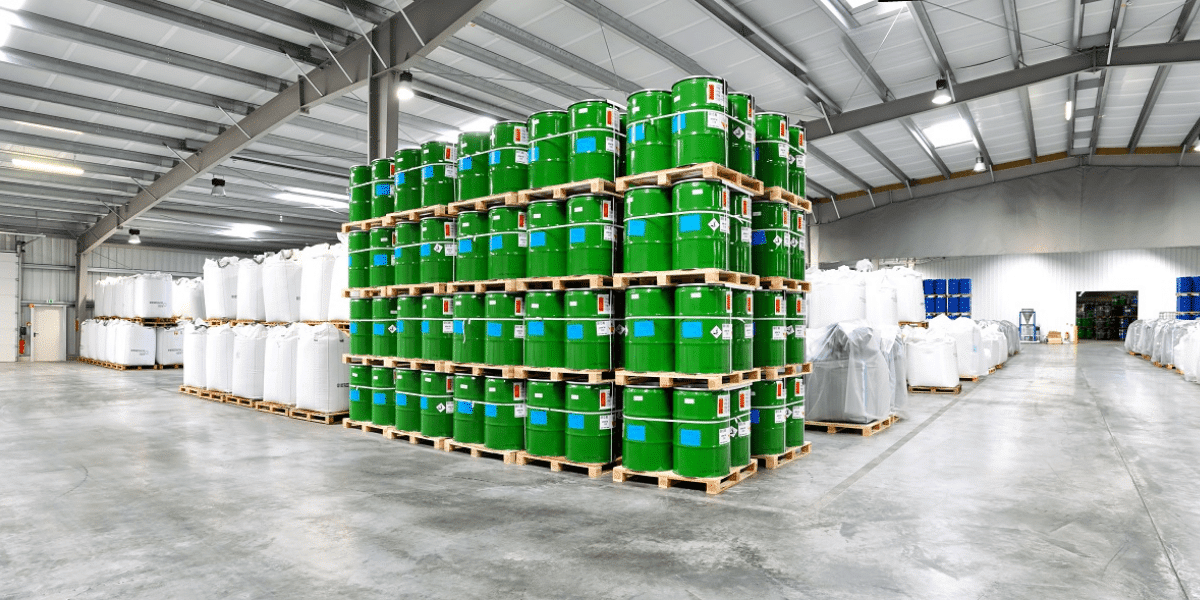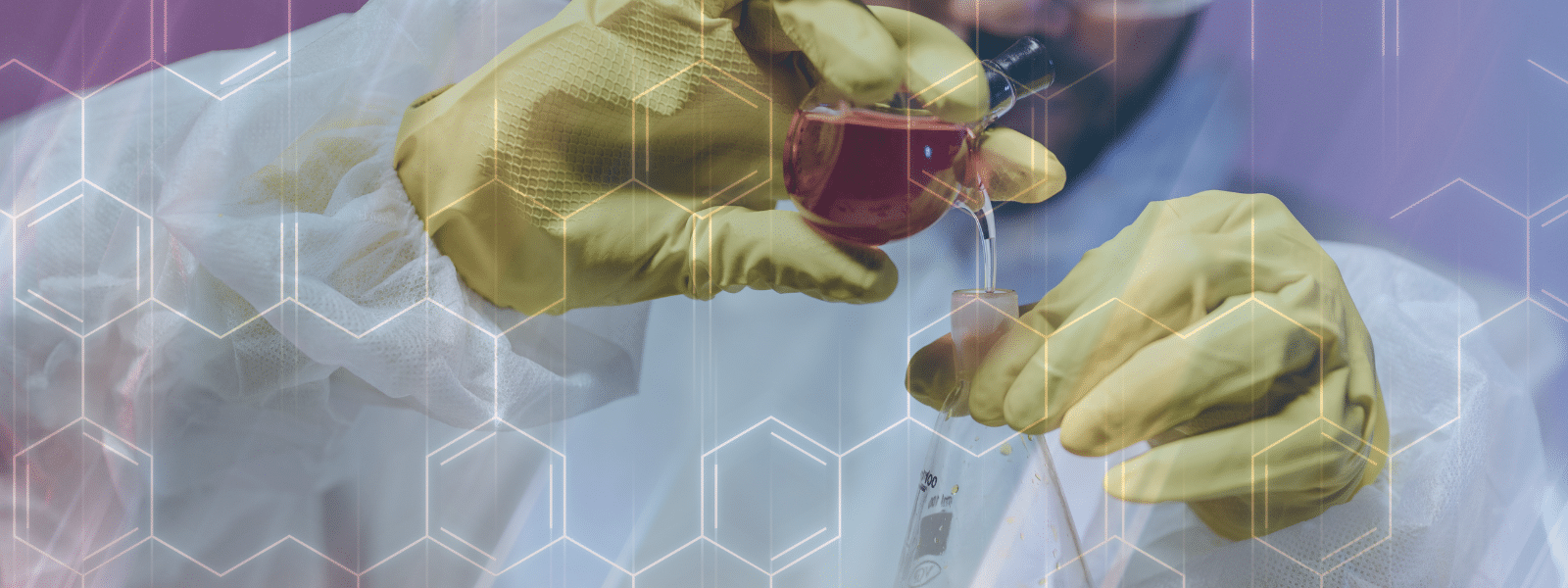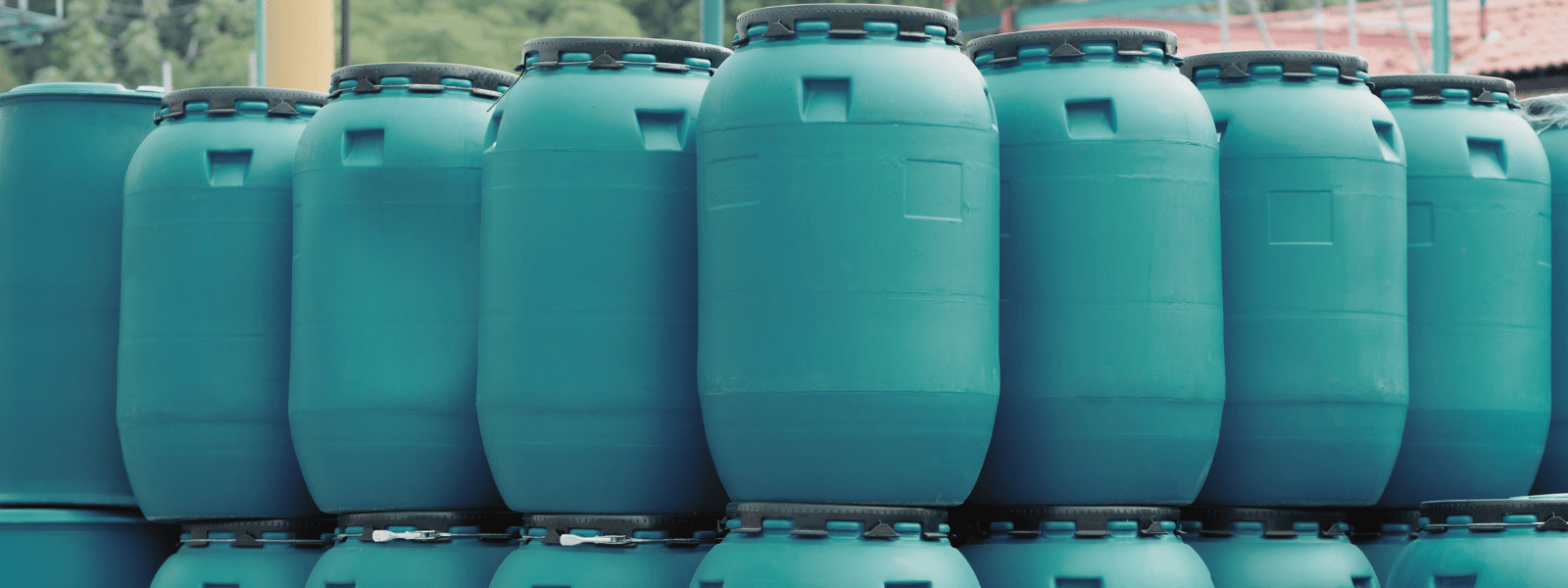Treating water with chemicals is a necessary process for drinking and industrial purposes, that helps to protect the water from contamination, whether from disease-causing germs or hazardous substances. There are many basic water treatment chemicals that are used in treatment processes.
Water treatment methods can use four different processes, which are:
- Boiler water treatment
- Cooling water treatment
- Purification of water
- Treatment of wastewater
Some examples of types or qualities of water treatment chemicals include:
- Corrosion and scale inhibitors:
- These chemicals are added for the purpose of preventing scale formation, such as calcium carbonate, and corrosion in boilers, washing machines, or any equipment that involves water and has the potential of forming scale deposits.
- Some examples of corrosion inhibitor chemicals include phosphate esters or organic phosphonates.
- Oxidants:
- Oxidants are added to reduce chemical oxygen demand (COD) levels and to remove oxidizable organic/inorganic substances.
- Some examples of oxidants used are hydrogen peroxide and ozone.
- Oxygen scavengers:
- These scavengers are added for the purpose of absorbing oxygen molecules to prevent oxidation reactions from occurring, which can lead to the formation of toxic or undesired byproducts.
- Some examples of oxygen scavengers include carbohydrazide or hydroquinone.
- Coagulants:
- These chemicals are added to wastewater to collect slurry or particles that are not settling into large masses, forming a floc. This process is done to remove the solid particles from the water.
-
- Commonly used coagulants include aluminum sulfate, iron (III) chloride, or iron (III) sulfate
- Flocculants:
- Flocculation is the process that involves slow mixing of the wastewater to ensure the growth of the floc, improve the filtration and efficiently clean the water.
- Common flocculants added for water treatment include activated silica and polyacrylamide.
- Anti-microbial:
- These types of chemicals are added because of their ability to eliminate bacteria and parasites, to ensure that water is disinfected and safe to drink.
- Examples of anti-microbial chemicals added are chlorine, chlorine dioxide, and hypochlorite.
Looking for Water Treatment Chemicals?
Looking for an eco-friendly reliable water treatment product to satisfy your industrial or business needs? You can begin shopping for products here, or you can contact the specialized staff here to find the best product for you!
















